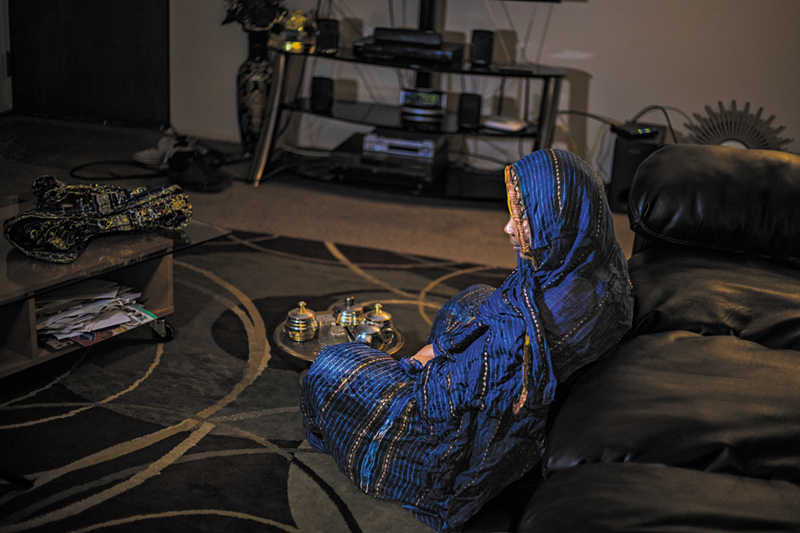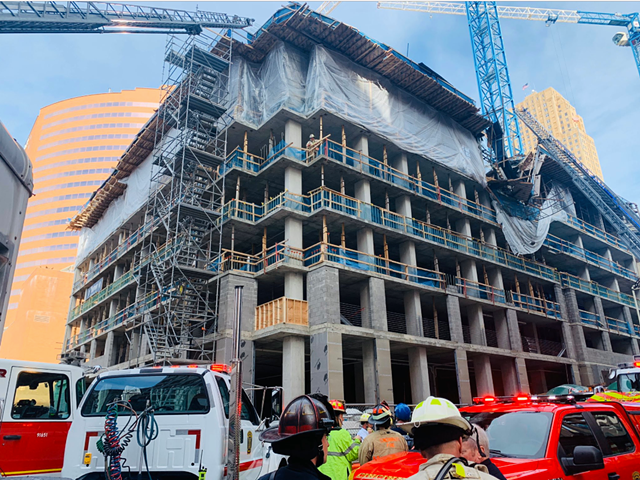Ohio has one of the largest concentrations in the U.S. of immigrants from Mauritania, an African country that saw brutal repressive measures against its black populations in the late 1980s and early 1990s. Now, local Mauritanian groups will hold an event observing the 30th anniversary of that tragedy and demanding justice for what they say are continued human rights violations there.
On Nov. 25, the National Underground Railroad Freedom Center will host a number of speakers who survived the government's efforts between 1987 and 1990 to deport, enslave or kill many of the country's black residents. Ohioans from Mauritania denied asylum in the United States who have faced deportation back to their home country will also speak.
One of the speakers, Awa Harouna, was recently featured on a Netflix series called Living Undocumented. She is the daughter of Amadou Sow, a resident of Lockland who was nearly deported back to Mauritania under aggressive enforcement efforts ushered in by the Trump administration.
Activists say conditions in Mauritania are still brutal. Though the government officially made keeping slaves illegal in 2007, the United Nations estimates that between 10 and 20 percent of the country’s population — 340,000 to 680,000 people — are still enslaved there.
The French, who colonized Mauritania in 1903, handed over the keys to a group of Arab elites in 1960. The country of about 3.5 million people is about the size of Texas and New Mexico combined, and though roughly three quarters of it is desert, it holds considerable natural gas and oil deposits as well as lucrative fishing off its coast. After the French left, Mauritania passed from the hands of one strongman government to the next over the intervening years, with some promising, but never delivering, democratic reforms.
Under those governments, black Mauritanians experienced a denial of civil rights, violence and sometimes slavery. Tension between the ruling class and black Mauritanians continued to grow until a 1989 border dispute between the country and neighboring Senegal erupted into chaotic violence directed at Mauritania’s black population.
Although estimates from organizations like Human Rights Watch and the U.N. differ, between 50,000 and 100,000 black Mauritanians were forcibly removed from the country. Others fled. Still others — it isn’t known how many — were killed.
“What has happened there is unbelievable,” Greater Cincinnati Mauritanian rights activist Abdoulaye Sow told CityBeat earlier this year. “We don’t know how many mass graves are in my country. They are still finding them. People just disappeared. There are families still there asking for justice.”
The Nov. 25 event will run from 4-8 p.m. and is sponsored by a number of groups including the Mauritanian Network for Human Rights, Muritani Min Njejjittaa, African Immigrant Relief, US-Mauritanian Diaspora and Cincinnati Compass.






